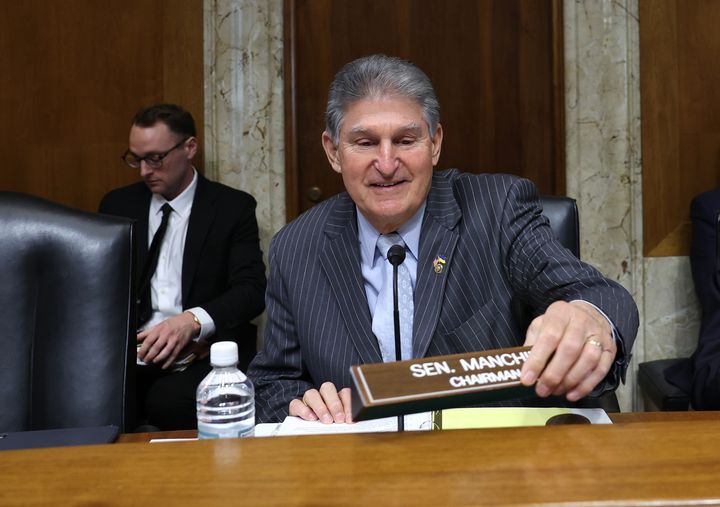In the months ahead, the Biden administration will issue guidance on tax credits for hydrogen fuel production that could kickstart clean energy—but if a fossil fuel industry lobbying blitz succeeds, it could instead subsidize the continued extraction and burning of fossil gas.
Oil and gas companies like BP and ConocoPhillips have deployed dozens of revolving door lobbyists to press federal policymakers on their case that hydrogen fuel produced with fossil gas—also known as natural gas—should qualify for subsidies. Environmentalists are hoping the credit is only available for hydrogen fuel that is produced with renewable energy. At stake is whether the tax credit achieves its goal of decarbonizing some of the heaviest-polluting sectors, or whether it props up fossil gas companies with public funding and helps them repurpose their existing pipelines for the production of hydrogen.


